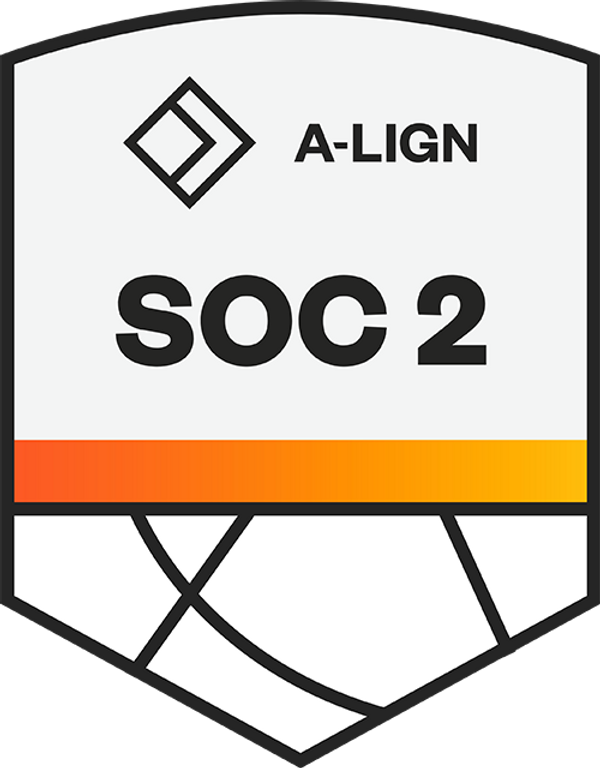Advanced analytics engine for behavioral and access intelligence
Access activity data is everywhere—but without context, it’s just noise. The Imprivata Access Intelligence Platform (AIP) transforms your raw usage and behavioral data into intelligent insights on how users interact with systems, data, and devices.
Drive operational efficiency and smarter security with data-driven intelligence
Identify underused devices and access points, pinpoint issues, and improve performance while reducing unnecessary spend.
Leverage behavioral analytics and machine learning to surface suspicious activity before damage is done.
Visualize value and simplify audits and policy reviews with custom dashboards, reports, and long-term data storage.
Track user behavior and access insights to guide strategic planning, reduce risk and make faster decisions.
Security and privacy certifications
It's important to have technology that you can trust to be safe, secure and reliable. The Imprivata Access Intelligence Platform is SOC 2 Type 2, ISO 27001, and ISO 27701 certified.



Frequently asked questions
Skip list contentWhich Imprivata solutions are part of the Access Intelligence Platform?
Is the Access Intelligence Platform suitable for non-healthcare industries?
Do we need data science or coding expertise to implement and use AIP?

Ready to learn more about UBA and access analytics?
Additional costs beyond the agreed-upon contract may be incurred if the number of applications monitored increases, the size of the user base increases, or the volume of data being consumed increases beyond the initial scope of the contract, increasing storage requirements.
Visit the ONC disclosure page for more information.





